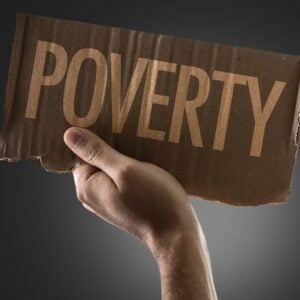The success of any charity appeal depends on people believing their actions can make a real difference. But where does that belief—known as personal efficacy—come from, and can it be strengthened to inspire more action against global poverty?
At the Development Engagement Lab (DEL), researchers track how strongly people feel they can create change and how that sense of impact shapes their willingness to donate, sign petitions, volunteer, or even talk about global issues. On 26 September, in a webinar hosted by Bond, DEL will share new findings from experiments exploring what fuels or undermines this vital sense of efficacy and how charities and governments can help restore it.
Current research paints a challenging picture for the UK. Public confidence in making a difference to global poverty is strikingly low. Years of appeals focused on extreme suffering have led to desensitisation and a sense of stagnation, while repeated media criticism of government aid spending has further eroded trust and perceived impact. In a 2021 survey of 8,000 UK adults, only 19% reported donating to a development NGO in the previous year, and among those who felt they could not make any difference at all, just 1 in 20 had donated.
DEL’s data shows that taking action itself—especially donating—creates a “virtuous cycle.” When someone donates, their belief in their own impact grows, making them more likely to give again. In fact, donating is a stronger driver of efficacy than efforts designed solely to raise it. Yet messaging still matters. DEL’s research consistently finds that stories of progress, empowerment, and tangible results boost people’s belief in their ability to help. Campaigns that share updates, say thank you, or highlight positive change—even without asking for money—can strengthen this sense of impact.
The challenge for many organisations is balancing immediate fundraising needs with long-term strategies to rebuild public belief. DEL argues that the UK’s long-term decline in donations signals an urgent need for new approaches. Reframing global poverty through stories of hope and measurable change may be the key to restoring the public’s confidence that their actions—no matter how small—truly matter.






